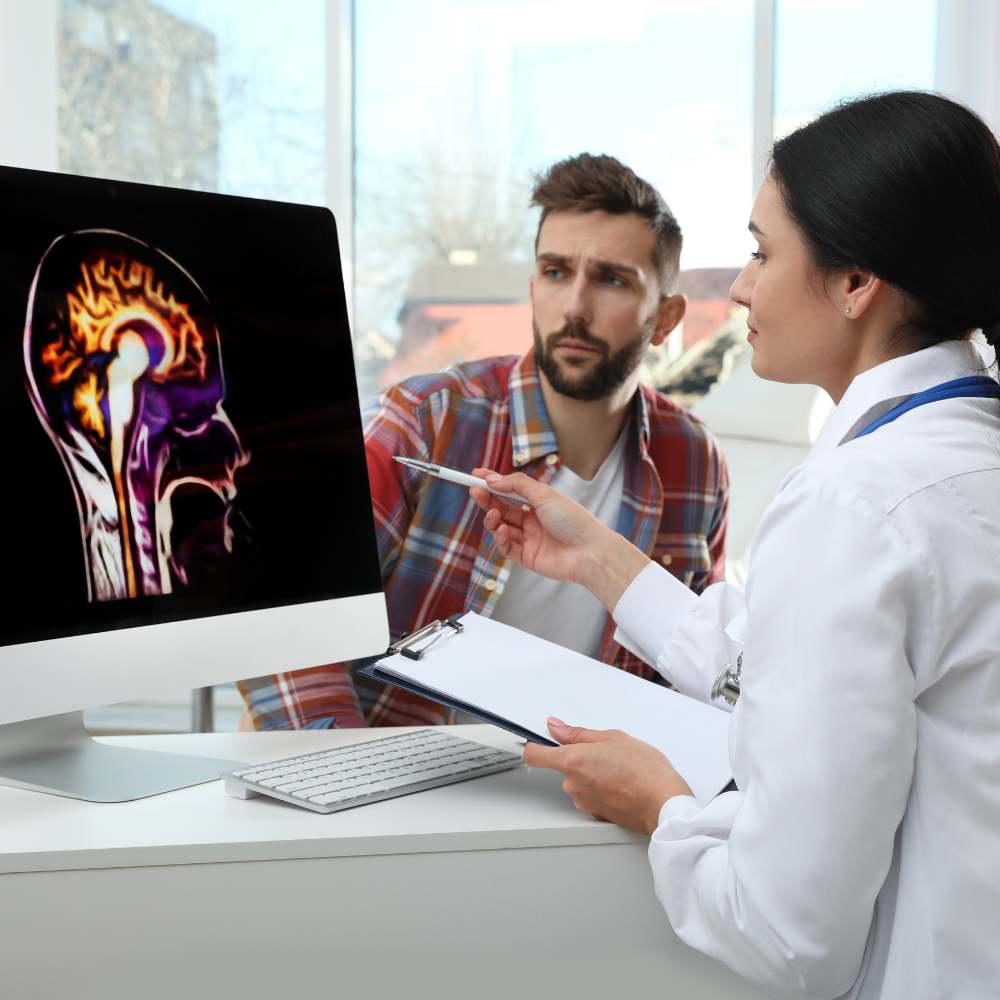
Stage 4 brain cancer, known as glioblastoma multiforme (GBM), stands as one of the most formidable challenges in oncology today. Characterized by its aggressive nature, rapid growth, and a tendency to infiltrate surrounding brain tissue. GBM often leaves patients and their families grappling with limited options and devastating prognoses. Despite advancements in medical technology and therapeutic options, the survival rates for stage 4 brain cancer remain disheartening.
This article explores innovative therapies that offer new hope for patients and their loved ones. Among these emerging therapies, CAR-NK cell therapy has shown exceptional promise in clinical trials, representing a potential breakthrough in the fight against this devastating disease.
Glioblastoma multiforme (GBM) is a highly malignant type of brain cancer that originates from astrocytes, the star-shaped glial cells in the brain and spinal cord. GBM is notorious for its heterogeneity. This means that the tumour consists of a diverse population of cancer cells with varying genetic profiles and characteristics. This heterogeneity contributes to the difficulty in managing GBM effectively. Because different cells within the same tumour may respond differently to interventions.
The standard regimen for GBM typically involves a multi-modal approach. Surgery is often the first step, aimed at removing as much of the tumour as possible. However, complete resection is rarely achievable due to the tumour’s invasive nature. Following surgery, patients usually undergo radiation therapy and chemotherapy. But, they come with significant side effects that can impact the patient’s quality of life.
Given the limitations of current interventions, there is a pressing need for novel therapeutic approaches that can target GBM more effectively and with fewer side effects. Advances in molecular biology and immunotherapy have opened new avenues for therapies. This offers hope for better outcomes. One such promising avenue is the use of CAR-NK cell therapy.
CAR-NK (Chimeric Antigen Receptor-Natural Killer) cell therapy represents a revolutionary approach in cancer therapy. Unlike traditional methods, CAR-NK cell therapy harnesses the power of the body’s own immune system, specifically enhancing the natural killing abilities of NK cells to target and destroy cancer cells.
Natural Killer (NK) cells are a crucial component of the innate immune system, known for their ability to recognize and kill abnormal cells, including cancer cells, without prior sensitization. By genetically modifying these NK cells to express chimeric antigen receptors (CARs), scientists can direct them to target specific antigens present on the surface of GBM cells. This modification enhances the NK cells’ ability to identify and attack cancer cells with high precision, sparing healthy brain tissue.
The CARs are engineered receptors that combine an antigen recognition domain, usually derived from antibodies, with intracellular signalling domains that activate the NK cell upon binding to the target antigen. This engineering allows NK cells to mount a robust and specific attack against GBM cells, potentially overcoming the challenges posed by tumour heterogeneity and immune evasion.
CAR-NK Cell Therapy offers several advantages over traditional methods and other forms of immunotherapy, such as CAR-T cell therapy. One of the key benefits is the lower risk of severe side effects, such as cytokine release syndrome (CRS) and neurotoxicity, which are more commonly associated with CAR-T cell therapy. Additionally, NK cells do not require patient-specific customization, making CAR-NK Cell Therapy more accessible and cost-effective.
Another advantage is the potential for off-the-shelf availability. Unlike CAR-T cells, which need to be derived from the patient’s own T cells, CAR-NK cells can be manufactured from donor-derived NK cells, allowing for rapid and scalable production. This off-the-shelf capability could significantly reduce wait times and increase availability to a broader patient population.
Despite the promising results, there are still challenges to be addressed in the development and implementation of CAR-NK Cell Therapy for GBM. One of the primary challenges is ensuring the persistence and durability of the engineered NK cells within the hostile tumour microenvironment. Researchers are actively exploring strategies to enhance the survival and sustained activity of CAR-NK cells, such as combining them with other immunotherapies or modifying them to secrete supportive cytokines.
Additionally, optimizing the targeting specificity of CARs to avoid potential off-target effects and improving the delivery methods to maximize the infiltration of CAR-NK cells into the tumour are areas of ongoing research.
The fight against stage 4 brain cancer is an arduous journey, but the advent of CAR-NK Cell Therapy brings renewed hope. Driven by a commitment to improving outcomes for patients battling glioblastoma multiforme, researchers and clinicians are working tirelessly to advance this groundbreaking therapy. While significant work remains, the encouraging results from early clinical trials highlight the potential of CAR-NK Cell Therapy to revolutionize the therapeutic landscape for this devastating disease.
Morimoto, T., Nakazawa, T., Maeoka, R., Nakagawa, I., Tsujimura, T., & Matsuda, R. (2023). Natural Killer Cell-Based Immunotherapy against Glioblastoma. International Journal of Molecular Sciences, 24(3), 2111. https://doi.org/10.3390/ijms24032111
Gong, Y., Wolterink, R. G. J. K., Wang, J., Bos, G. M. J., & Germeraad, W. T. V. (2021). Chimeric antigen receptor natural killer (CAR-NK) cell design and engineering for cancer therapy. Journal of Hematology & Oncology, 14(1). https://doi.org/10.1186/s13045-021-01083-5

The foremost Cancer Therapy is here.
;
;